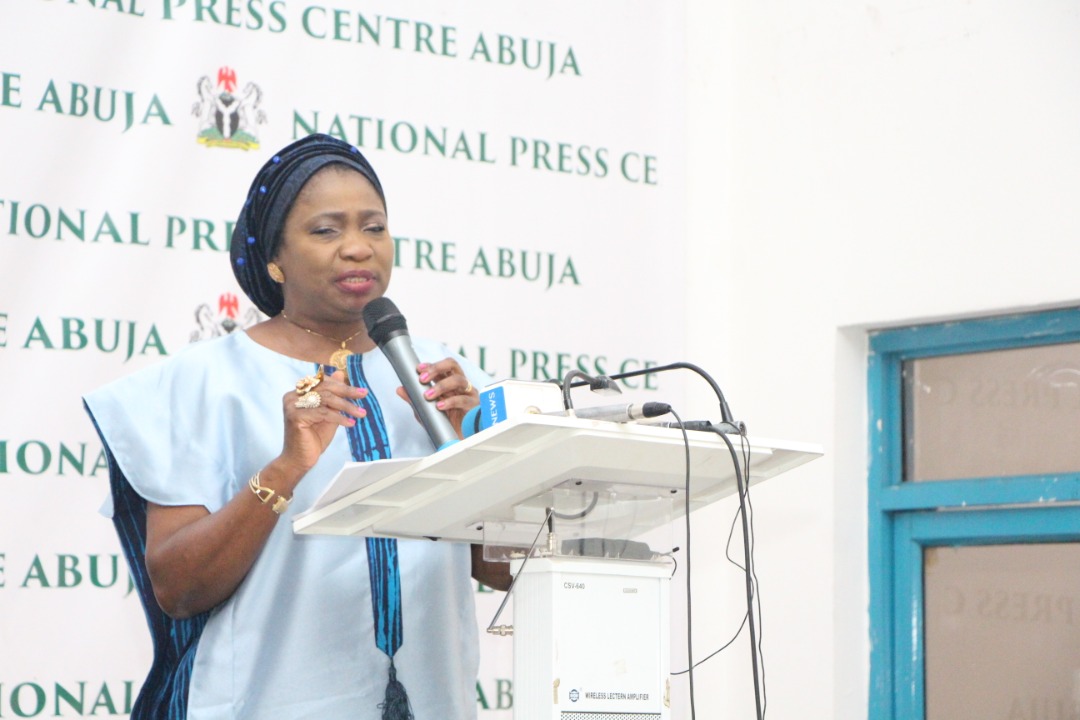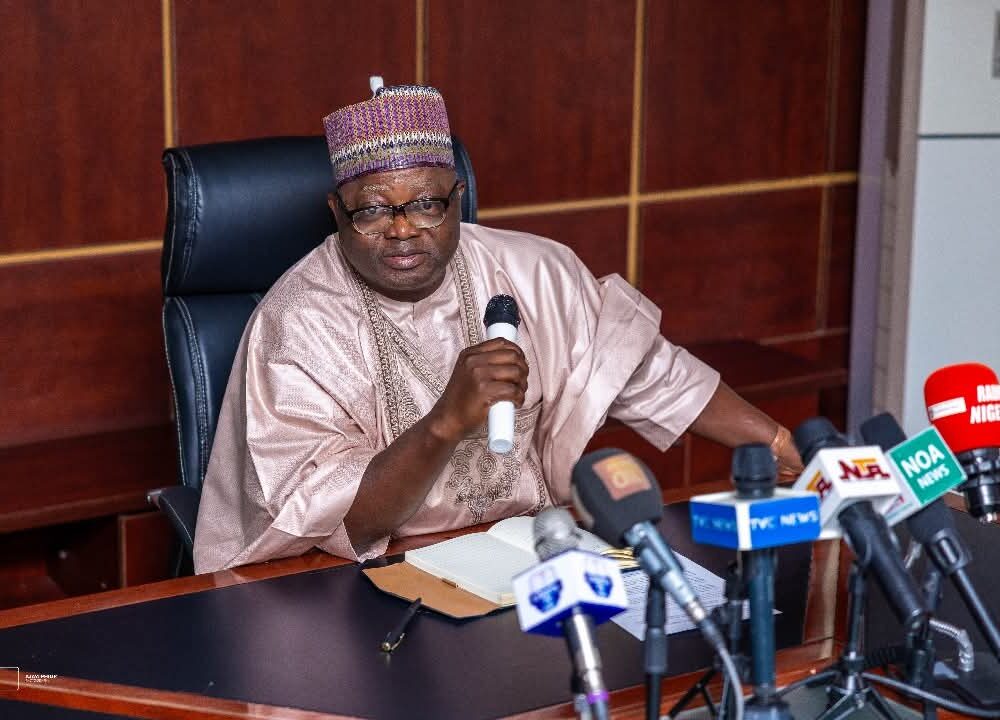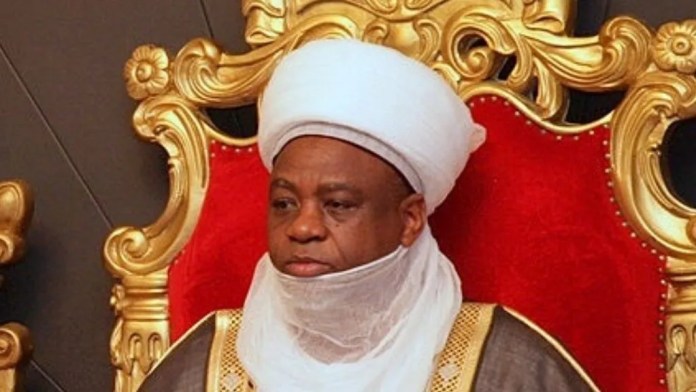The Nigerians in Diaspora Commission (NIDCOM) has strongly opposed a proposal by Chief Dokun Olumofin to impose a $500 tourism tax on Nigerians in the diaspora returning home during the festive “Detty December” period.
In a statement issued by Abdur-Rahman Balogun, Director of Media, Public Relations and Protocols Unit, NIDCOM described the proposal as ill-advised and potentially exploitative, warning that it could discourage diaspora Nigerians from visiting home.
Balogun emphasized that such a tax would undermine the Commission’s ongoing efforts to promote diaspora engagement and investment in Nigeria. He pointed out that diaspora remittances in 2024 were the highest on record, with substantial investments across various sectors of the economy.
A report by MO Africa Company Limited revealed that Lagos hotels alone generated N54 billion in December 2024, underscoring the economic impact of diaspora visits. NIDCOM argued that taxing Nigerians returning for the holidays would deter this positive trend and could harm the country’s image and revenue streams.
The Commission also raised concerns that such a tax could pave the way for corruption and stressed the importance of providing a welcoming environment for returning Nigerians and tourists. Balogun highlighted the government’s role in enhancing infrastructure, security, and transportation under President Bola Ahmed Tinubu’s Renewed Hope Agenda, which has already facilitated increased diaspora visits and investments.
NIDCOM commended the Lagos State government for creating a conducive environment for diaspora Nigerians and tourists, encouraging other states to follow suit. The Commission projected continued growth in Nigeria’s tourism and entertainment sectors, warning against any measures that could hinder this progress.
Chief Olumofin had proposed the $500 tax in a formal letter to President Tinubu, suggesting it be applied to all Nigerians and tourists visiting between November and January. NIDCOM firmly rejected this proposal, advocating for policies that lower barriers and attract more visitors to Nigeria.





